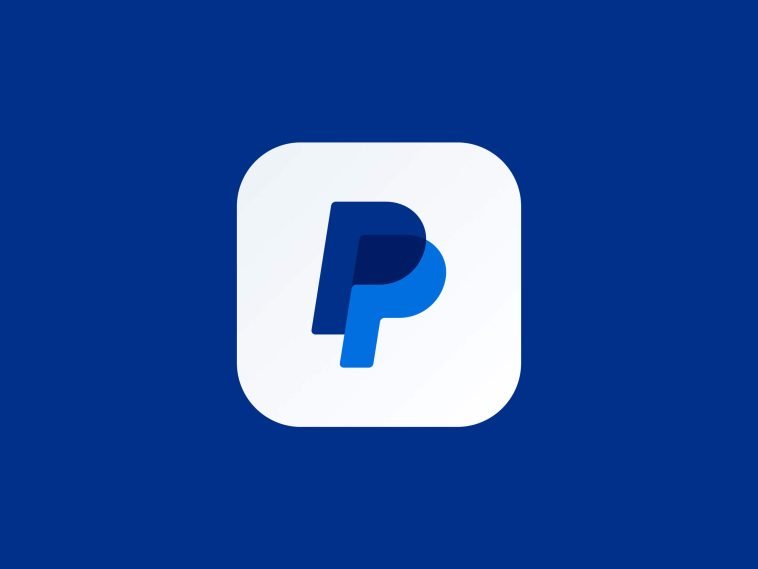If they like their ObamaCare cash, let lower-income earners keep their ObamaCare cash
 |
| Photo: Barack Obama and Joe Biden. Credit: NBC |
Despite President Joe Biden’s best efforts to convince the public that inflation has peaked, anyone who has shopped for groceries lately knows we’re not out of the woods.
And unfortunately, the pain is about to extend beyond the dairy aisle. Next year, Americans are projected to suffer the largest jump in health care costs in more than a decade. A recent Mercer study projects a 6.5 percent increase in the cost of health plans. Although a majority of employers say they want to spare workers the cost of higher premiums, the average family will pay for this inflation one way or another through deductibles and out-of-pocket expenses. The health care status quo leaves workers at the mercy of third-party payers and a medical system designed to be confusing and opaque. Luckily, there is a tool that can help fix what’s broken: Health Savings Accounts (HSAs). Expanded access to HSAs is essential to lowering prices and help people understand health care costs. HSAs put health care dollars back in the hands of individuals, giving them the incentives to minimize costs and maximize care. HSAs are special accounts into which individuals can make tax-deductible deposits to use for health care expenditures. Whether they leave it as cash or choose to invest some or all of the account, the funds remain with patients for life, with no expiration date, and their investments grow completely tax-free. HSAs allow people to take charge of their health care and access more personalized options that meet their needs. Since their introduction in 2003, HSAs have benefitted millions of Americans, who have managed to save $100 billion in their accounts to cover medical expenses. Researchers at the National Bureau of Economic Research have concluded that these consumer-directed health plans lead to a reduction in health care spending and provide a vital check against surprise billing. Unfortunately, too many Americans are denied the opportunity to take advantage of HSAs. Around 90 percent of Americans lack access to this critical, cost-saving program because of misguided government rules. The status quo requires patients to have a high deductible health plan that meets a specific set of criteria spelled out in the tax code in order to have access. As health care costs rise, HSAs are needed now more than ever. Fortunately, some lawmakers are stepping up to deliver vital reforms to eliminate red tape. Reps. Greg Steube (R-Fla.) and Rep. Kat Cammack (R-Fla.) have introduced the ACCESS Act, which would empower roughly 5 million lower-income individuals by giving them a chance to gain control of their health care dollars. The bill would give individuals enrolled in subsidized health care plans the option to redirect their subsidies — commonly referred to as cost-sharing reductions (CSRs) — into an HSA. Currently, CSRs go to the insurance companies. So instead of disappearing into the health care abyss, this proposal would put that money directly into the hands of low-income patients. By simply funding individuals and families instead of third party bureaucracies, we can help lower-income families access the same quality care that wealthier Americans enjoy. According to the nonpartisan Congressional Budget Office, the measure would save taxpayers $30 billion in the process. Under the ACCESS Act, any of the five million families enrolled in these health plans can choose to open an HSA, and nobody loses any options. If people like their current plan, they can keep it — and this time, the promise is actually legitimate for a change. The measure is designed to keep the patient, rather than industry interests or ideologues, at the center of the health care system. Patient control over health care means lower costs and expanded coverage, as my colleagues and I wrote in a paper introducing HSA reform. Research has shown that the HSA option leads to cost-savings. Research from the RAND Corporation, for instance, shows HSAs contribute to “increased price consciousness among patients.” This encourages health care providers to be clear and transparent about prices and promotes competition among providers. Giving hospitals and doctors the incentive to compete on both price and quality will cut down on the waste, inefficiency, and bloated expenditures that plague the current system. The ACCESS Act will be a game-changer for millions of American families and is a vital first step toward transforming the system at large. There is still work to be done. The reform would apply only to individuals who are enrolled in an ObamaCare exchange plan, but the benefits of this proposal can outlast an individual’s enrollment period in those plans. Because funds in HSAs never expire, even after individuals have moved off the exchange plan, people can take these funds with them to help with future expenditures. This means health care dollars are put to the best possible use. Instead of locking patients into a one-size-fits-all program, the ACCESS Act puts people and families first by empowering them with the ability to select the health care that’s best for them. It is time to fund patients instead of systems, and to expand HSA access for all.




Post a Comment